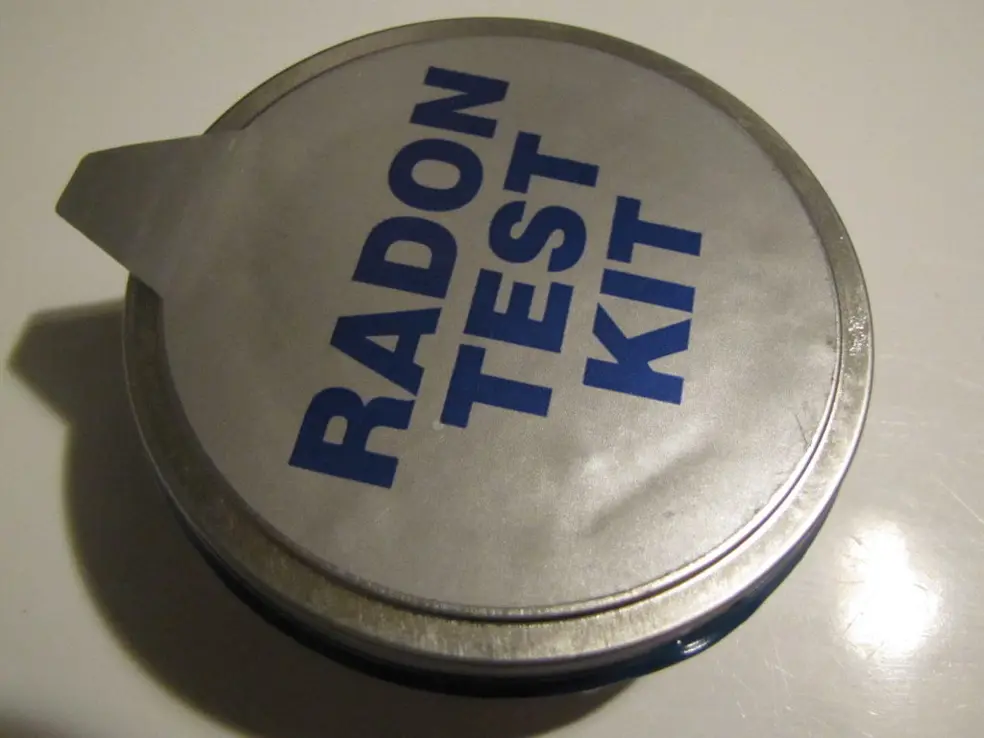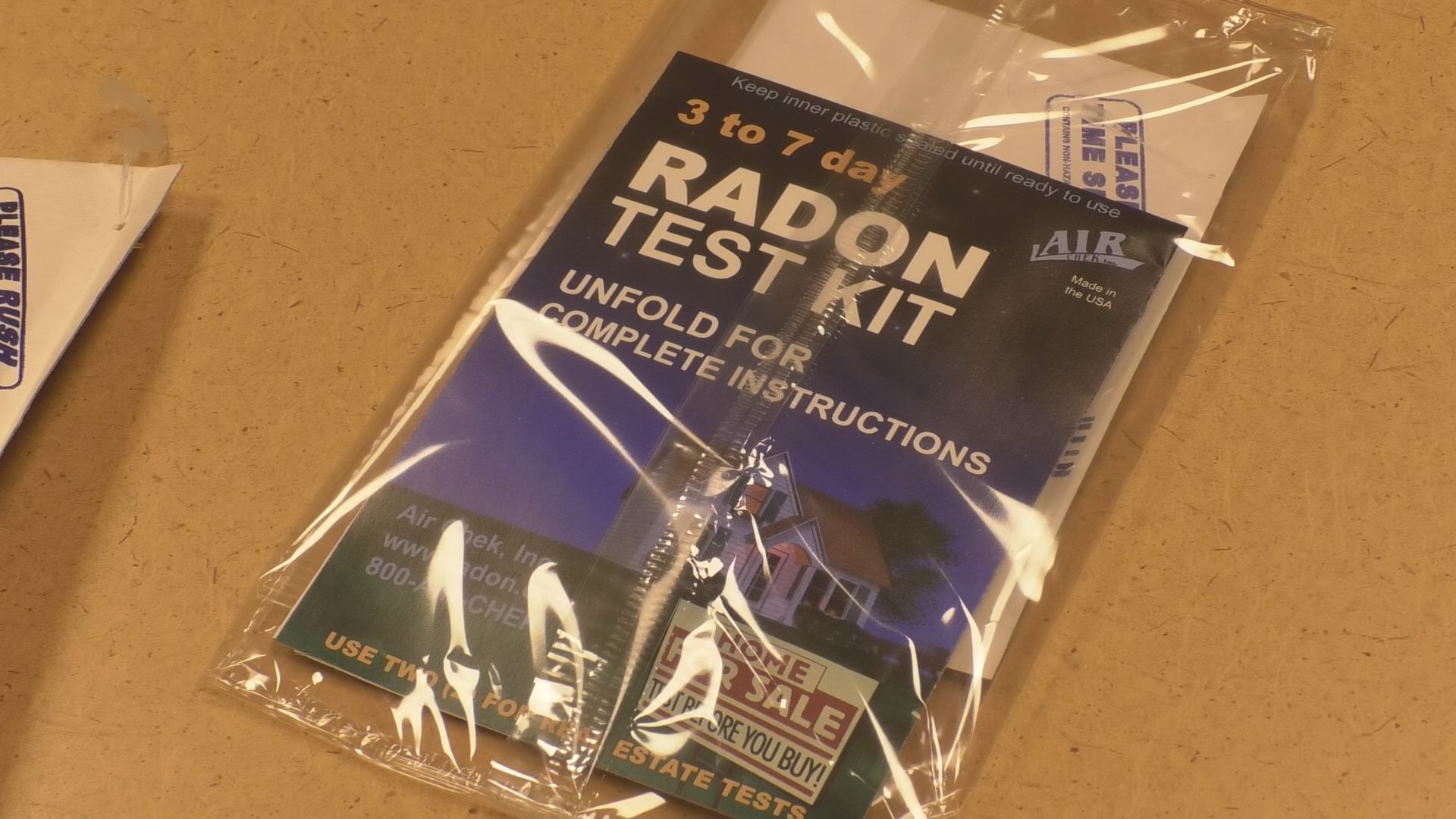In recognition of Radon Action Month, the Tennessee Department of Environment and Conservation (TDEC) is encouraging residents to take proactive steps to identify and address potential radon issues in their homes. Radon, a naturally occurring radioactive gas released during the decay of uranium found in soil and rock, poses health risks and is the second leading cause of lung cancer in the United States.
Governor Bill Lee has officially designated January as Radon Action Month, emphasizing the importance of raising awareness about the dangers of radon exposure and promoting measures to ensure indoor air quality. TDEC Commissioner David Salyers emphasizes the significance of homeowners statewide understanding the risks associated with radon and taking steps to assess air quality within their homes.
Radon is odorless, invisible, and tasteless, making it imperceptible without specific testing. While it generally does not present a health risk outdoors, it can accumulate to hazardous levels inside homes. The vacuum-like effect of houses can draw radon through foundation cracks and other openings. Additionally, radon may be present in well water, releasing into homes during daily activities like showering.

Read more:
- California Lawmaker Proposes Speed Limit Technology to Curb Road Deaths
- Tragedy Strikes as Young Dancer Dies from Mislabeling of Peanuts in Cookies
- New Concealed Carry Law Denied by Another Northern California Count
- U.S. Takes Action to Safeguard Whales Around Offshore Wind Farms
To empower citizens in assessing their homes for radon, the Tennessee Radon Program offers free radon test kits. Residents can request these kits by filling out an online form on the official TDEC website or by calling the Tennessee Radon Program hotline at 1-800-232-1139.
Governor Lee’s proclamation underscores the importance of informed and preventive action, as radon-induced lung cancer is not limited to smokers. For non-smokers, radon exposure is the leading cause of lung cancer. The free radon test kits aim to facilitate widespread testing, helping residents identify potential risks and take necessary steps to mitigate radon levels in their homes.
In homes where high radon levels are detected, mitigation is possible through various measures, often involving improved ventilation. TDEC officials stress the importance of employing certified professionals for effective radon mitigation.
Beyond providing test kits, the Tennessee Radon Program offers valuable technical information and materials tailored for real estate professionals, home builders, home inspectors, school officials, and other stakeholders. By offering a comprehensive approach to radon awareness and mitigation, the program seeks to safeguard public health and create a safer living environment for residents across the state.
As Tennesseans mark Radon Action Month, the state encourages active participation in radon testing and emphasizes the role of collective efforts in creating a healthier living environment. The initiative aligns with ongoing efforts to address environmental health concerns and underscores the state’s commitment to proactive measures that safeguard the well-being of its residents.

